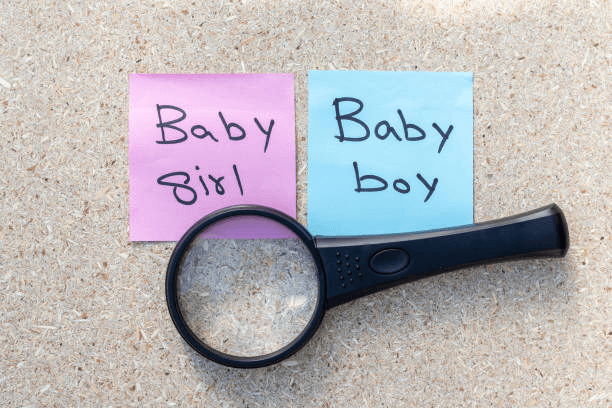Chinese Gender Predictor: Unveiling the Ancient Method to Guess Your Baby’s Sex

Curious to know whether you’re expecting a boy or a girl? The Chinese gender predictor calculator uses an ancient Chinese gender chart and the Chinese lunar calendar to forecast your baby’s sex. While there’s no scientific backing, it’s an entertaining way to guess your baby’s gender.
What is the Chinese Gender Predictor?
The Chinese gender predictor chart, also known as the Chinese gender predictor calendar, is said to be over 700 years old. According to legend, it was discovered in a royal tomb near Beijing. This technique involves converting the mother’s age and the month of conception into dates on the Chinese lunar calendar. These dates are then cross-referenced on a chart that predicts the baby’s sex.
How Accurate is the Chinese Gender Predictor?
Despite some claims of up to 90% accuracy, research shows that the Chinese gender predictor is about 50% accurate—essentially the same as flipping a coin and guessing “heads for a girl, tails for a boy!”
Also read: Signs You Might Be Expecting A Boy
How to Find Out Your Baby’s Sex for Sure
For those seeking more reliable methods, several scientific options are available:
- Mid-Pregnancy Anomaly Scan: Most parents find out their baby’s sex during this scan at around 20 weeks. However, a clear view of the baby’s genitals is necessary for an accurate determination.
- Non-Invasive Prenatal Testing (NIPT): This blood test, available from 10 weeks of pregnancy, can detect chromosomal conditions like Down’s syndrome and can also determine the baby’s sex. NIPT is offered for free later in pregnancy on the NHS in England, Scotland, and Wales if you have a positive screening test result, but the sex determination feature is not included and must be done privately.
- Chorionic Villus Sampling (CVS) and Amniocentesis: These invasive genetic tests are typically conducted to check for genetic disorders or chromosomal abnormalities, such as Edwards’ syndrome. CVS is usually done between 11 and 14 weeks, while amniocentesis is performed from 15 weeks onward.
Fun with Folklore
While waiting for scientific confirmation, many parents enjoy exploring various folklore methods to guess their baby’s gender. These methods, like the Chinese gender predictor, are rooted in tradition and myth, providing a fun distraction during pregnancy.
Whether you choose to rely on ancient charts, or modern science, or simply enjoy the guessing game, predicting your baby’s sex can add an extra layer of excitement to your pregnancy journey.






